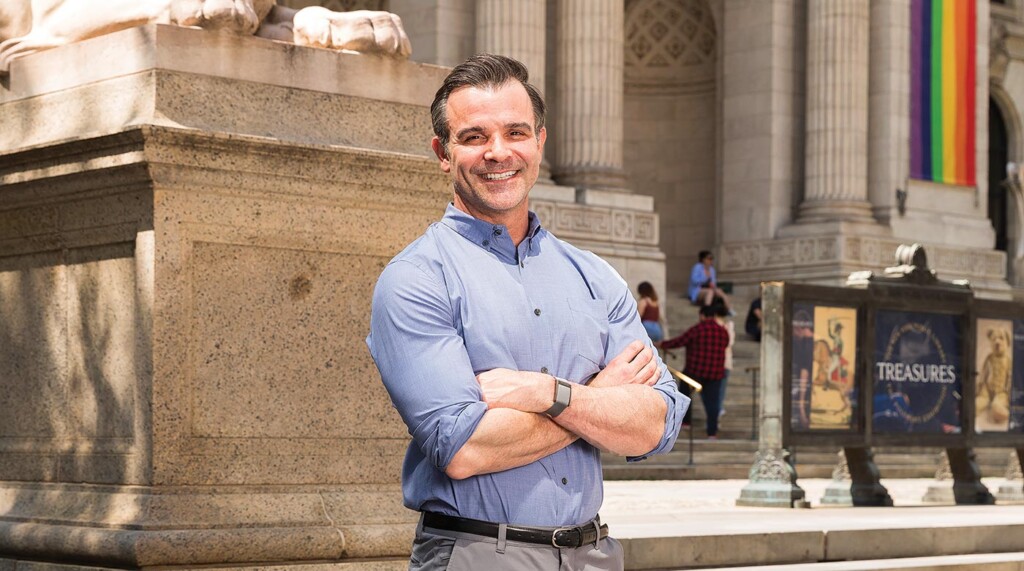Page 40 • (457 results in 0.059 seconds)
-
ideologies and supporting linguistic justice. (2) EDUC 491 : Independent Study To provide individual undergraduate students with advanced study not available in the regular curriculum. The title will be listed on the student term-based record as IS: followed by the specific title designated by the student. (1 to 4) EDUC 495 : Internship To permit undergraduate students to relate theory and practice in a work situation. The title will be listed on the student term-based record as Intern: followed by the
-

society is crucial, and the worldwide demand for nurses is constant — and growing. The PLU School of Nursing views nursing as a caregiving process based in scientific knowledge, humanistic theory and health care technology. As a nursing student, you’ll be part of a dynamic and supportive learning environment where you’ll work with and learn from outstanding faculty and staff to gain knowledge and skills, share professional experiences with expert clinical preceptors, and become an exceptional nurse
-
adulthood to death. Prerequisite: PSYC 101. (4) PSYC 330 : Social Psychology The study of how an individual's thoughts and behaviors are influenced by the presence of others. Research and theory concerning topics such as person perception, attitudes, group processes, prejudice, aggression, and helping behaviors are discussed. Prerequisite: PSYC 101. (4) PSYC 335 : Cultural Psychology - GE The study of the relation between culture and human behavior. Topics include cognition, language, intelligence
-
discipline, we recognize Dr. Gina Gillie. Bret Underwood, Associate Professor of Physics Dr. Underwood’s scholarship stands at the forefront of theoretical physics, seamlessly navigating the intersections of Einstein’s general relativity, cosmology, high-energy physics, string theory, and loop quantum gravity. His outstanding achievements are not only reflected in his 28 refereed publications since 2006 but also in the recognition earned through three invitations to serve as a keynote speaker at major
-
integrate their experience. Reflection also ties together the development of knowledge, understanding one’s sense of self and how we function in relationship to the communities that we are a part of. Importance of Reflection: -Academic-consider connections between theory and practice -Personal-examine attitudes, assumption, prejudices and stereotypes -Social- foster an appreciation of diverse communities by understanding the sociopolitical forces that shape community concerns and assets Reflection Tips
-
new, one-time, and developing courses not yet available in the regular curriculum. The title will be listed on the student term-based record as ST: followed by the specific title designated by the academic unit. (1 to 4) ESCI 491 : Independent Study Investigations or research in areas of special interest not covered by regular courses. Requires regular supervision by a faculty member. (1 to 4) ESCI 495 : Internship To permit undergraduate students to relate theory and practice in a work situation
-
professional certificate: EDUC 580: Instructional Theory and Practice I: Culture, Context and Community (4) EDUC 581: Instructional Theory and Practice II: Thinking, Doing and Knowing (4) All candidates must take: EDUC 555B: Family and Community Engagement (1) EDUC 558: Reflective Seminar in Teacher Leadership (4) EDUC 582: Instructional Leadership I: Standards-based Teaching, Learning and Assessment (4) EDUC 583: Instructional Leadership II: Teacher Development and the School Improvement Process (4) EDUC
-
figures are all over American literature and I aimed to find out why. I have been able to offer the course twice and my students have risen to the occasion, turning to feminist theory, legal studies, and literary criticism to explain how these figures help a nation confront past injustices it might rather remain buried. From feedback that I receive, it seems that I might be offering what I found so valuable and energizing as a women’s studies student at PLU: real and pressing questions requiring
-
going to protect me”: ICE Detention Centers Through the Lens of Giorgio Agamben’s Theory of a State of Exception The United States prides itself as a land of opportunity. Yet, it misrepresents the process and blurs the “promise” of the “American Dream” for immigrants. Should you seek the opportunity to live in the U.S. as an immigrant, you may find yourself in a gray zone–a state of exception– if ICE picks you up on a detainer. Giorgio Agamben, an Italian philosopher, argues that the lack of
-

curricula that incorporate materials from the library’s extensive archive of original letters, newspapers, works of art and other historical materials. “It’s particularly powerful today, especially considering debates around critical race theory or what’s considered true history,” Bannon says. “Primary source documents on their own can tell a really powerful story that doesn’t have to be my opinion or your opinion.” The center is just one example of a portfolio of innovative initiatives Bannon is
Do you have any feedback for us? If so, feel free to use our Feedback Form.


